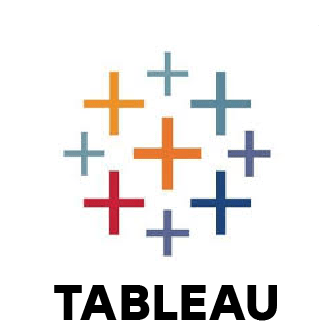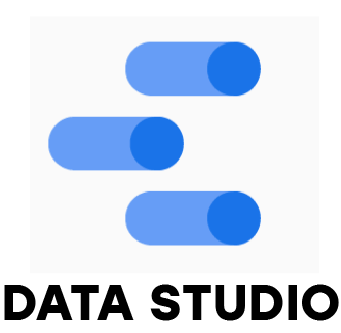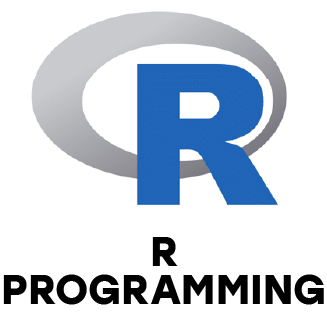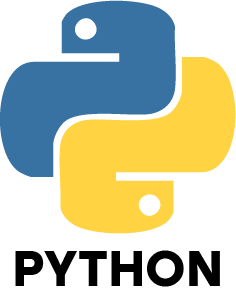- Join the Best Software Testing Training Institute to Master Manual and Automation Techniques.
- Complete Software Testing Training Covers Selenium, Java, SQL, Junit and TestNG.
- Work on Real-time Testing Projects and Gain in-demand QA Skills Through Practical.
- Choose From Flexible Learning Modes Weekday, Weekend or Fast-track to Match Your Schedule.
- Advance Your Skills With a Software Testing Certification Course and Placement Support.
- Get Guidance for Resume Building, Interview Prep and Career Advancement Strategies.
Join Our 100% Job Guaranteed
Software Testing Course
WANT IT JOB
Become a Software Tester in 3 Months
Freshers Salary
3 LPA
To8 LPA
Quality Training With Affordable Fees!

INR
36,000
INR 16,500

10842+
(Placed)
5896+
(Placed)
8465+
(Placed)
4389+
(Placed)

























 Chennai Location
Chennai Location Bangalore Location
Bangalore Location